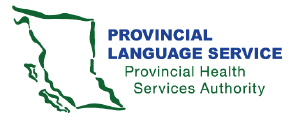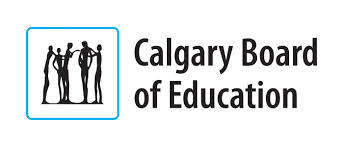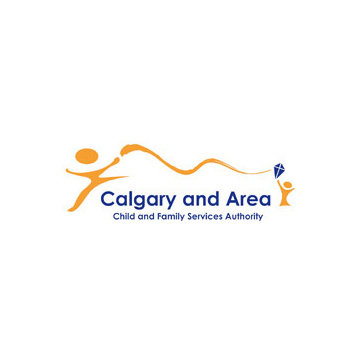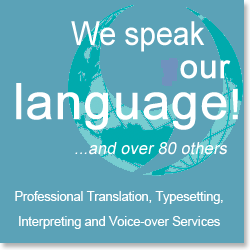 Sophan SENG is the founder and director of KEEN Languages Interpreter (GST No:..Request only…). His interests are Education, Retails, Leadership and Languages. He is fluent in Cambodian (Khmer), English, and Thai.
Sophan SENG is the founder and director of KEEN Languages Interpreter (GST No:..Request only…). His interests are Education, Retails, Leadership and Languages. He is fluent in Cambodian (Khmer), English, and Thai.
Qualification:
CILISAT, AITC
Experiences:
– Has Interpreted for Educational Institutes
– Has interpreted for Calgary and Area Child and Family Services
– Has Interpreted for the Queen Bench Court
– Has Interpreted for WCB
– Has Interpreted for Physiotherapy Clinic Canada (CBI)
– Has interpreted for BC Courts
– Has interpreter for Healthcare
– Has interpreter for international NGO locating in the US
– Others
Education:
– Master’s Degree in Social Science
– Bachelor’s Degree in Philosophy
Graduate Certificates:
– Public Policy
– Asia Pacific Leadership Program (APLP)
Certificates and Recognition:
– Certificate of Teacher of English as a Foreign Language Program, University of Calgary
– Certificate of the Professional Development Program for Second Language Teachers of SAHLA
– Certificate of the Professional Teaching Development Program for Second Language Teachers of the Southern Alberta Heritage Language Association (SAHLA) University of Calgary
– Certificate of Recognition from City of Calgary and SAHLA for Cambodian Second Language Instruction
Membership
– STIBC
– U of C Translation Association
– Giovanni Interpretation and Translation
Contact:
Email: contact(at)cambodianinterpreter.org
Online Booking
Important Qualities
Business skills. Self-employed and freelance interpreters and translators need general business skills to manage their finances and careers successfully. They must set prices for their work, bill customers, keep records, and market their services to build their client base.
Concentration. Interpreters and translators must have the ability to concentrate while others are speaking or moving around them.
Cultural sensitivity. Interpreters and translators must be sensitive to cultural differences and expectations among the people whom they are helping to communicate. Successful interpreting and translating is not only a matter of knowing the words in different languages but also of understanding people’s cultures.
Dexterity. Sign language interpreters must be able to make quick and coordinated hand, finger, and arm movements when interpreting.
Interpersonal skills. Interpreters and translators, particularly those who are self-employed, must be able to get along with those who hire or use their services in order to retain clients and attract new business.
Listening skills. Interpreters and translators must listen carefully when interpreting for audiences to ensure that they hear and interpret correctly.
Speaking skills. Interpreters and translators must speak clearly in the languages they are conveying.
Writing skills. Interpreters and translators must be able to write clearly and effectively in the languages they translate.
Source: US Bureau of Labor Statistics








